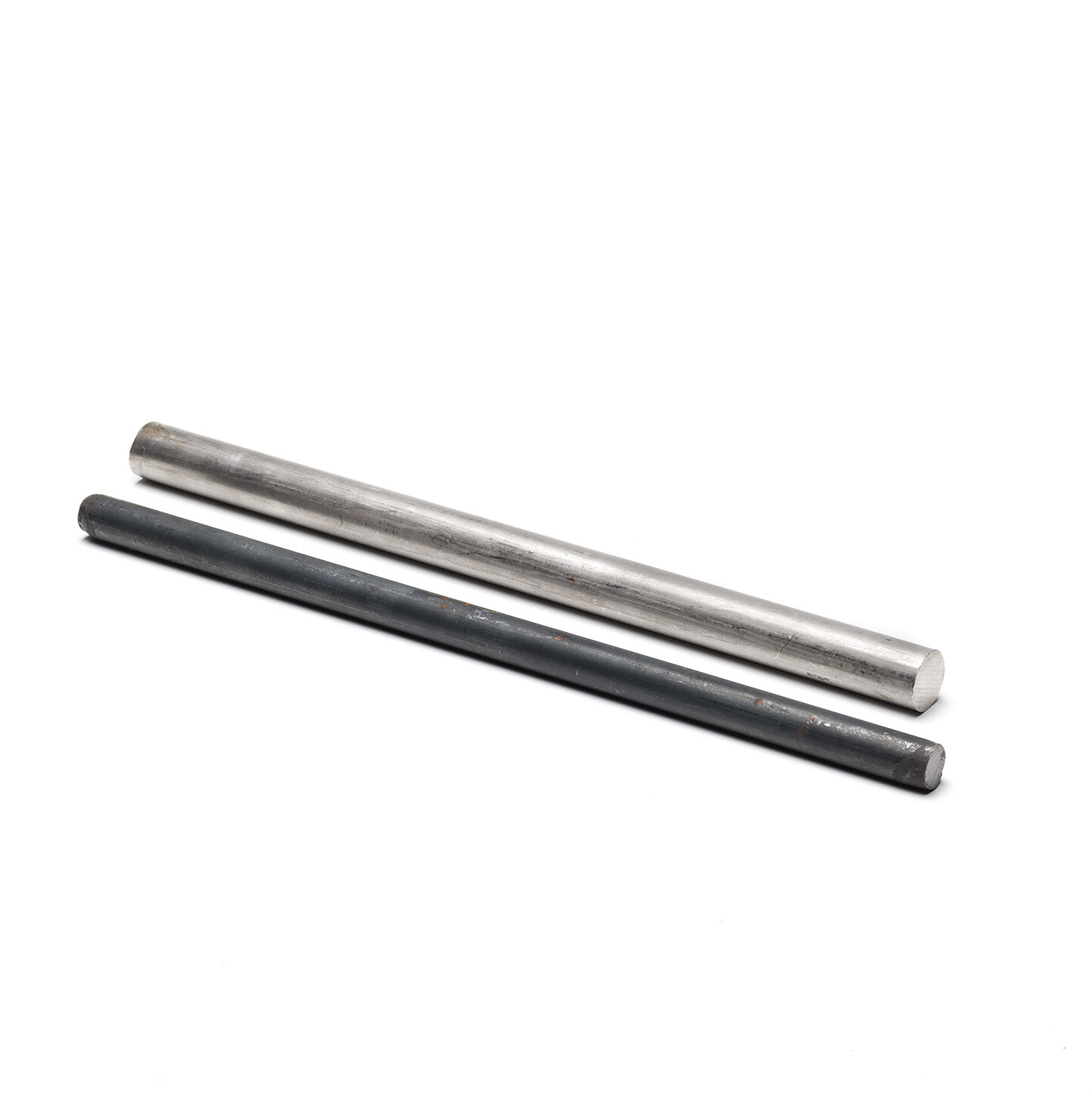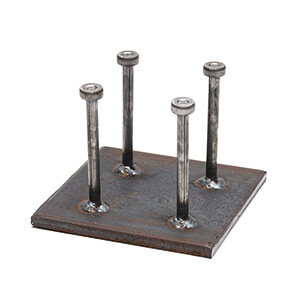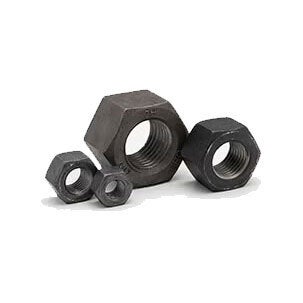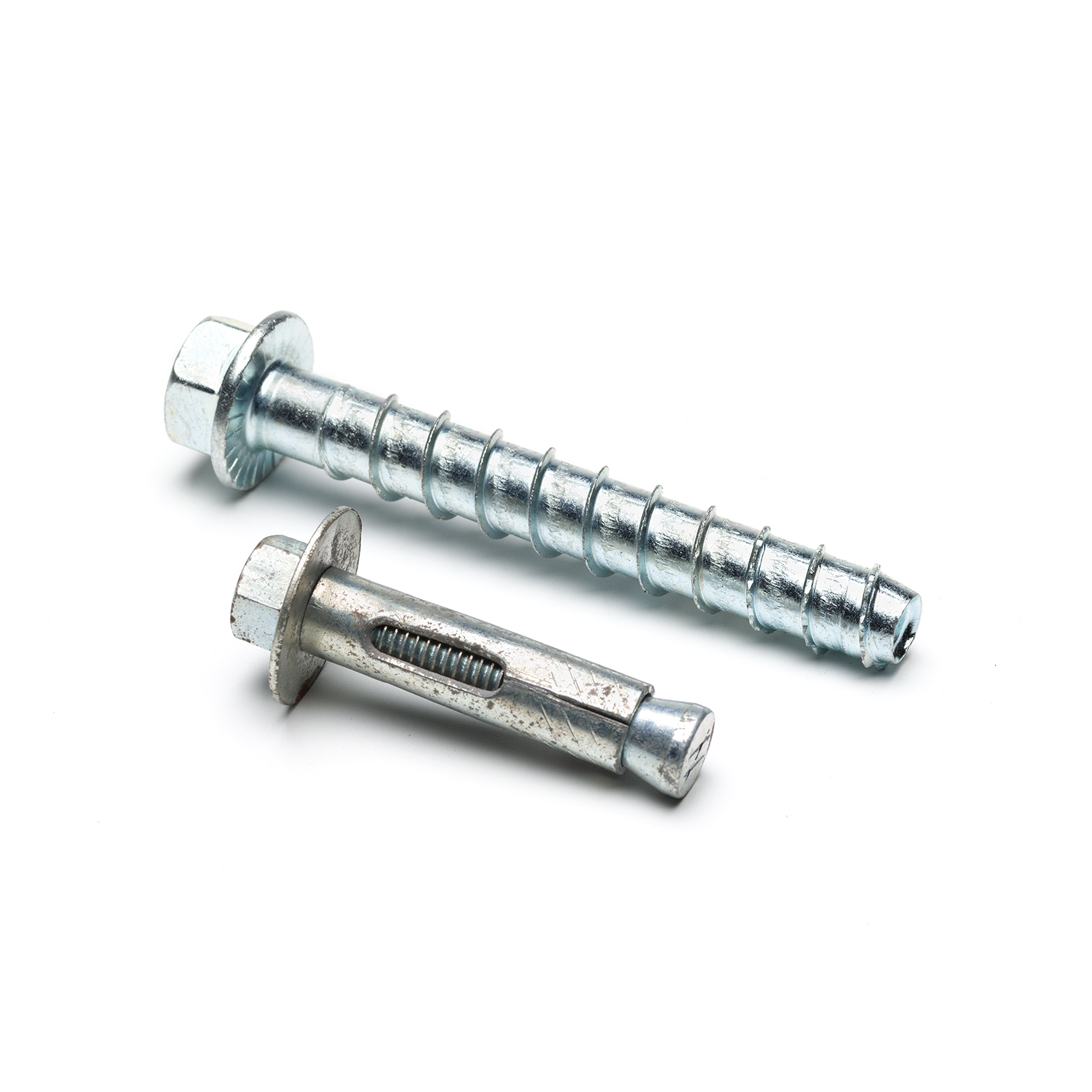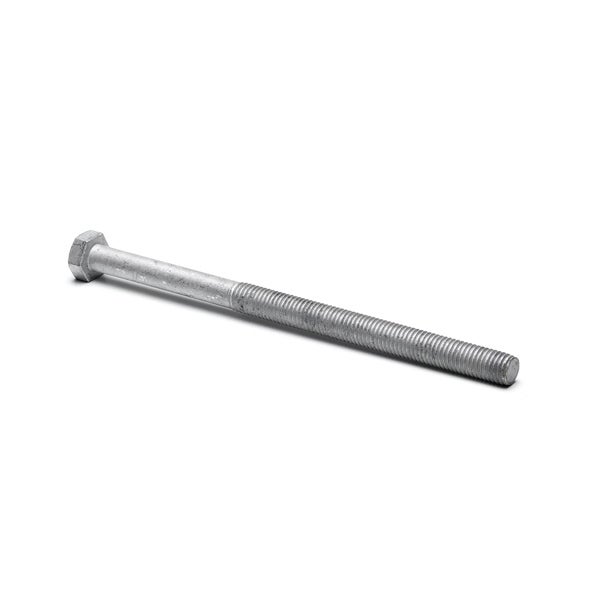
In the world of construction and manufacturing, where precision and durability are critical, fasteners like double ended studs, thread rods, and hex bolts, form the foundation of many structural and industrial projects. These essential components, though simple in appearance, are engineered for specific purposes and provide critical support in diverse applications.
In this guide, we’ll explore the unique features and uses of double ended studs, thread rods, and hex bolts, highlighting their importance in the anchor bolt manufacturing industry.
Doubled Ended Studs
A double ended stud, sometimes referred to as a “tap end stud” or a “double end rod,” is a specialized threaded fastener with threads on both ends of the shank and an unthreaded section in the middle. This design allows it to connect two pieces by screwing a nut onto each threaded end. Double ended studs are ideal for applications where both sides need to be accessible for fastening.
Key Features of Double Ended Studs
1. Thread on Both Ends
The defining feature of a double ended stud is its threads on both ends, with a smooth, unthreaded section in between. This allows for easy installation with nuts or other fasteners on both sides.
2. Versatile Applications
Double ended studs are commonly used in situations requiring a threaded connection on both sides, such as in:
- Construction: Connecting structural elements where access is needed from both sides or embedding one end into concrete to secure structural steel to a concrete foundation
- Steel to Steel Assembly: For securing two pieces of steel components with accessible fastening points and each end
- Automotive Applications: For parts that need to be fastened with a secure and symmetrical connection
Thread Rods
Thread rods, also referred to as threaded studs, are long, straight fasteners featuring threads along their entire length. These threads enable nuts to be fastened securely, creating dependable connections across a variety of applications.
Key Features of Thread Rods
1. Material Options
Thread rods are available in several materials to suit different environments and demands:
- Steel: For general use and strength
- Stainless Steel: Offers corrosion resistance, ideal for harsh or outdoor environments
- Brass: Preferred for its aesthetic appeal and resistance to tarnishing
2. Customizable Length
Thread rods are adjustable and can be cut to the desired length, offering flexibility in diverse applications.
3. High Load-Bearing Capacity
Engineered to withstand substantial loads, thread rods provide the strength needed for structural integrity and mechanical stability.
4. Variety of Common Applications
Thread rods are extensively used across industries for:
- Construction: Anchoring structural elements such as columns and beams, ensuring secure connections through multiple material layers
- Heavy Machinery: Securing equipment and maintaining alignment under demanding conditions
- Industrial Projects: Providing continuous and reliable fastening solutions
5. Durability
When made from materials like stainless steel, thread rods resist corrosion and maintain performance even in challenging environments.
Hex Bolts
Hex bolts, also known as hexagon bolts or hex cap screws, are indispensable fasteners characterized by their six-sided head and threaded shaft. Known for their versatility, they are designed to adapt to a wide range of applications across construction and manufacturing industries.
Key Features of Hex Bolts
1. Hexagonal Head Design
- Provides a secure grip for tightening and loosening with a wrench or socket
- Enables precise torque control, ensuring a reliable and durable connection
2. Variety of Sizes and Materials
- Available in multiple sizes to suit various project requirements
- Manufactured from a range of materials, including steel, stainless steel, and alloy, to cater to diverse environments and loads
3. High Tensile Strength
- Engineered to withstand significant loads, making them ideal for heavy-duty applications
- Offers exceptional durability in structural and industrial settings
4. Many Applications
Hex bolts are widely used in:
- Construction: Securing beams, columns, and other structural components
- Manufacturing: Joining machinery and equipment with precision and reliability
- Heavy Machinery: Providing the strength needed to handle high-stress applications
Hex bolts combine strength, precision, and adaptability, making them a go-to solution for both small-scale and large-scale projects.
At Threadline, we supply high-quality hex bolts in both domestic and import steel. Designed to meet the toughest industry standards. Whether you’re working on construction, manufacturing, or specialized machinery. Contact us today to find the perfect solution for your fastening needs!
The Threadline Difference
Thread rods, hex bolts, and weld studs are essential fasteners that serve distinct purposes in construction, manufacturing, and various industries. Understanding the differences and advantages of these fasteners is essential for selecting the right one for a particular job and ensuring the reliability and safety of the assembled structures and components.
At Threadline, we have diverse and durable fasteners for every application. It’s not just an obligation to us; it’s how we ensure we have all the tools for all projects. So, why not check us out? Visit our website today.
